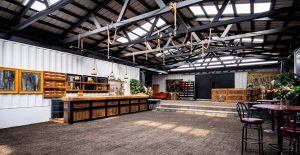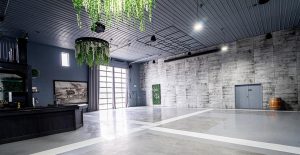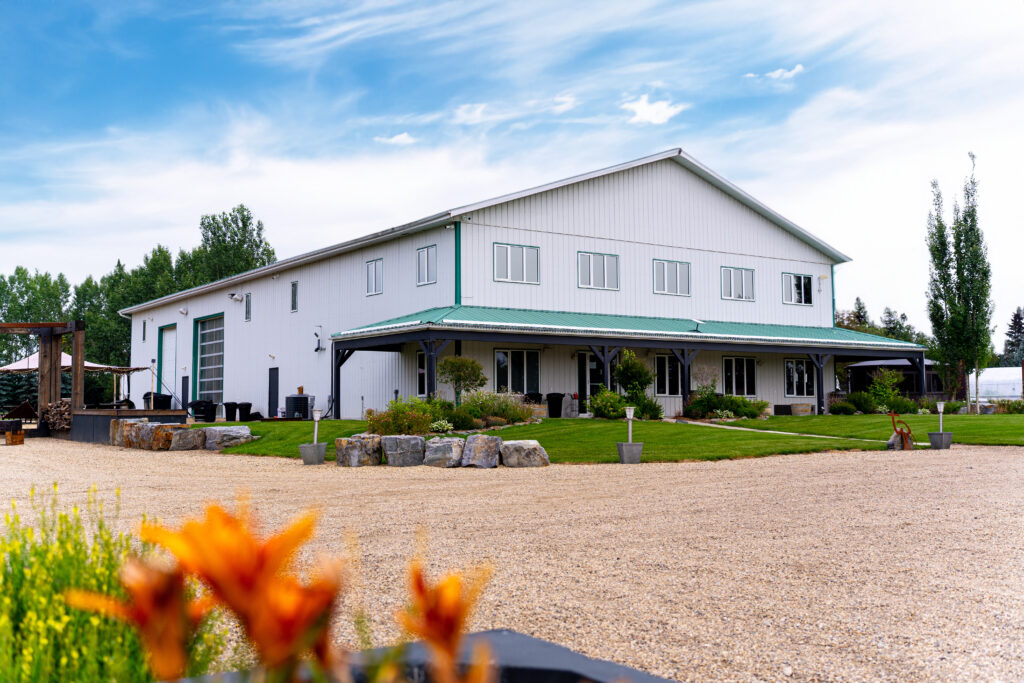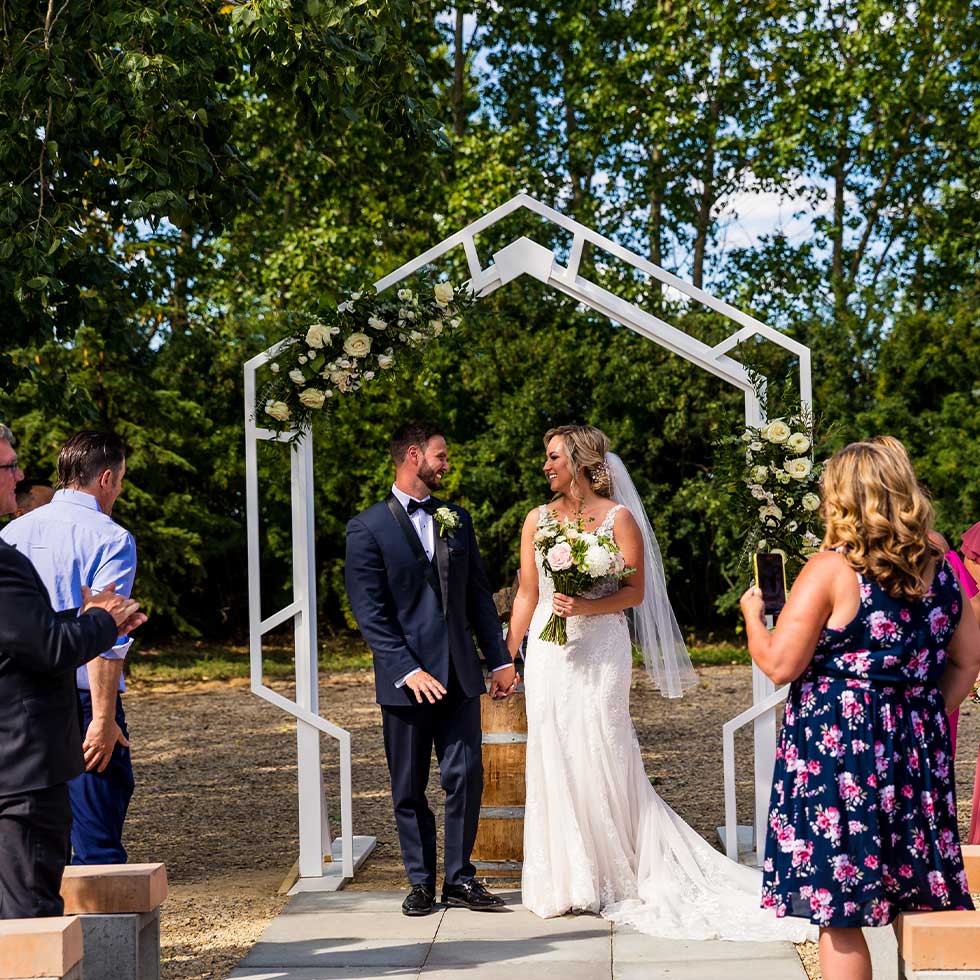8 Best Tips on How to Choose a Great Event Venue
November 21, 2024

Finding a great event venue is essential for hosting a successful event. Knowing what factors to consider—like location, budget, and capacity—can make your search easier. This guide offers key tips on how to choose a venue that fits your plans perfectly.
Key Takeaways
- Start your venue search early to secure the best options and avoid last-minute stress.
- Choose a convenient location to enhance attendance and make the event memorable.
- Carefully budget for all potential venue costs, including hidden fees, to ensure your event stays financially on track.
START YOUR VENUE SEARCH EARLY
One of the golden rules of event planning is to start your venue search as early as possible. Doing so allows for better planning and securing preferred options without the stress of last-minute arrangements.
Booking conflicts can be a nightmare. Imagine finding the perfect venue for your event only to discover it’s already booked. Starting your search 6 to 12 months in advance helps you avoid disappointments and offers a broader selection of venues. This is particularly important for popular venues booked well in advance, especially during peak seasons.
Being flexible with your event date can increase your chances of securing the right venue that fits your needs and budget while avoiding peak times that might be more expensive or less available. If your event has specific requirements, such as a large guest count or specialized equipment, begin your venue selection as soon as the budget and guest count are known.
Starting the venue search early offers more options and better reservation rates. Early planning can save money and ensure ample time to sort out other event details, contributing to the overall success of your event.
LOCATION MATTERS
The location of your event venue can significantly influence guest expectations and the event’s overall atmosphere. A convenient venue location can enhance attendance and participation, as event attendees are more likely to attend if the venue is easy to get to.
Proximity to airports and public transport routes can make a huge difference, especially if you have out-of-town attendees. Having the venue near public transportation and accommodations can improve the attendees’ experience and make your event more accessible. Resources like a mobile event app can help attendees navigate the venue’s location and nearby facilities.
Choosing a venue close to where your guests live or work can foster networking and socialization during and outside of event hours. This proximity can also enhance the overall guest experience, making your event more memorable and enjoyable.

BUDGETING FOR YOUR EVENT VENUE
Establishing a clear budget early in the event planning process helps you choose a venue that meets your needs without exceeding financial limits. Hidden fees like service charges, overtime fees, cancellation fees, and cleanup costs can quickly add up, so be mindful of these potential expenses when budgeting for your event venue.
Food and beverage minimums are another critical consideration. Not meeting these minimums can result in additional fees, affecting your overall budget. Review these requirements carefully to ensure your event’s food and beverage needs align with the venue’s policies.
Incorporating a contingency line into your budget is a smart move. This can cover unforeseen expenses, estimated at 3-10% of total costs. A financial cushion can save you from unexpected costs and ensure your event runs smoothly.
Careful budgeting and awareness of all potential costs help you select a venue that fits within your financial plan, avoiding any unpleasant surprises.
VENUE CAPACITY & LAYOUT
The capacity and layout of the event venue can impact guest interaction and comfort. Match the layout with the type of event you’re hosting. For instance, a business conference will have different seating and layout needs than a wedding or a birthday party.
Different seating arrangements dictate varying space requirements per guest. For effective planning, understand the usable space, excluding areas that won’t be used, like behind bars or stages. Ensure that the venue can comfortably accommodate all your guests without feeling cramped.
Local ordinances and fire codes also affect a venue’s maximum allowable capacity. Compliance with these regulations is crucial for guest comfort and safety. Considering these factors helps you select a venue that provides a comfortable and safe environment for your event.
SERVICES & AMENITIES
The services and amenities offered by event venues can significantly enhance the attendee experience. Audio-visual equipment, for example, is essential for effective communication and entertainment during events. Proper technology checks, like AV equipment, are crucial to meet all technical needs.
Wi-Fi access enables mobile payments, social media interactions, and overall better engagement for attendees and event management. A dedicated event manager, a well-equipped kitchen, and in-house catering services can simplify planning, reduce costs, and improve coordination, making your event run more smoothly.
Parking is crucial for guest convenience and satisfaction. Adequate parking options, including valet parking, can enhance your guests’ overall experience. Choosing a venue with comprehensive services and amenities ensures a seamless and enjoyable event for all attendees.
AMBIANCE & DECOR
The ambiance and decor of the event venue play a vital role in creating the desired atmosphere for your event. The proper venue can enhance the attendee experience and make your event more memorable. Selecting a venue that matches your event’s theme can reduce decoration costs and create a cohesive, impactful experience.
The layout and size of the venue are crucial in establishing the desired atmosphere. These elements can significantly impact how guests interact during the event. Design elements such as colours, lighting, and decor should harmonize to elevate the event’s ambiance and enhance the guest experience.
Choosing a venue with the right ambiance and decor can transform your event space from ordinary to extraordinary, leaving a lasting impression on your guests.
ACCESSIBILITY & INCLUSIVITY
Ensuring your event venue is accessible and inclusive is essential for accommodating all attendees, including those with disabilities. Venues should have accessible entrances, ramps, and elevators to facilitate easy access. Checking for ramps, elevators, and accessible restrooms ensures all guests can navigate the venue comfortably.
Providing sufficient parking and transportation options is also essential for accessibility. Choosing a venue that prioritizes accessibility and inclusivity ensures all attendees have a positive and welcoming experience.
FLEXIBILITY ON EVENT DATE
Being flexible with your event date can enhance your chances of securing better rates and availability for your venue. Flexibility can lead to discounted pricing during off-peak seasons, making it a cost-effective option. Offering a range of available dates can lessen the likelihood of booking conflicts with other events.
Flexibility in your next event date improves your negotiation power and facilitates quicker bookings since venues are more likely to accommodate flexible clients. This adaptability can ultimately contribute to the overall success of your event.
CONTRACT NEGOTIATION
Negotiating the contract with your chosen venue is a critical step in the planning process. Understanding the specific type of contract needed is crucial since negotiation strategies vary based on the type of contract. Negotiate flexible terms, including force majeure clauses, to protect against cancellations or postponements due to unexpected circumstances.
Using line-item quotes helps you understand precisely what you are paying for, fostering transparency. Aligning on pricing early in the negotiation process can prevent misunderstandings and save time.
Rather than relying solely on verbal agreements, written contracts avoid future discrepancies and ensure a smooth planning process.

FOOD & BEVERAGE MINIMUMS
Understanding the venue’s food and beverage minimums is crucial for budgeting and planning your event. These minimums dictate the least amount of money that must be spent on food and beverages at the venue. Not meeting these minimums can result in additional fees, so review these requirements carefully.
Booking a venue with high food and beverage minimums may not be cost-effective for smaller groups. Onsite catering services can improve the dining experience, adding value to the overall event.
FINALIZING YOUR CHOICE
When finalizing your choice, consider critical factors such as location, ambiance, capacity, accessibility, and event technology. Comparing venues to find the best fit for your event is crucial.
Reading reviews and references can provide real-world insights into the venue’s performance, helping you make an informed decision.
SUMMARY
Choosing the right event venue involves carefully considering various factors, including location, budget, capacity, services, and ambiance. By following these tips, you can ensure your event is successful and memorable. Remember, the perfect venue sets the stage for a great event.
FREQUENTLY ASKED QUESTIONS
How early should I start searching for an event venue?
Start your search 6-12 months in advance to secure the best venue for your event. This proactive approach will help you avoid conflicts and ensure a successful gathering!
Why is the location of the event venue important?
The location of the event venue is vital because it directly affects guest expectations and the overall atmosphere; convenient access to transportation and accommodations boosts attendance and enhances the attendee experience. Choose a venue wisely to ensure your event is a hit!
What should I consider when budgeting for an event venue?
When budgeting for an event venue, establish a clear budget early and be aware of hidden fees. Always include a contingency line for unexpected expenses to ensure a smooth event!
How does venue capacity and layout impact an event?
Venue capacity and layout significantly influence guest interaction and comfort, making it crucial to align them with the event type. Choose wisely to enhance the experience and ensure a successful gathering!
What are food and beverage minimums?
Food and beverage minimums are the minimum spending amounts required at a venue, ensuring you enjoy your event while covering essential costs. Aim to meet these minimums to avoid extra fees and maximize your experience!



